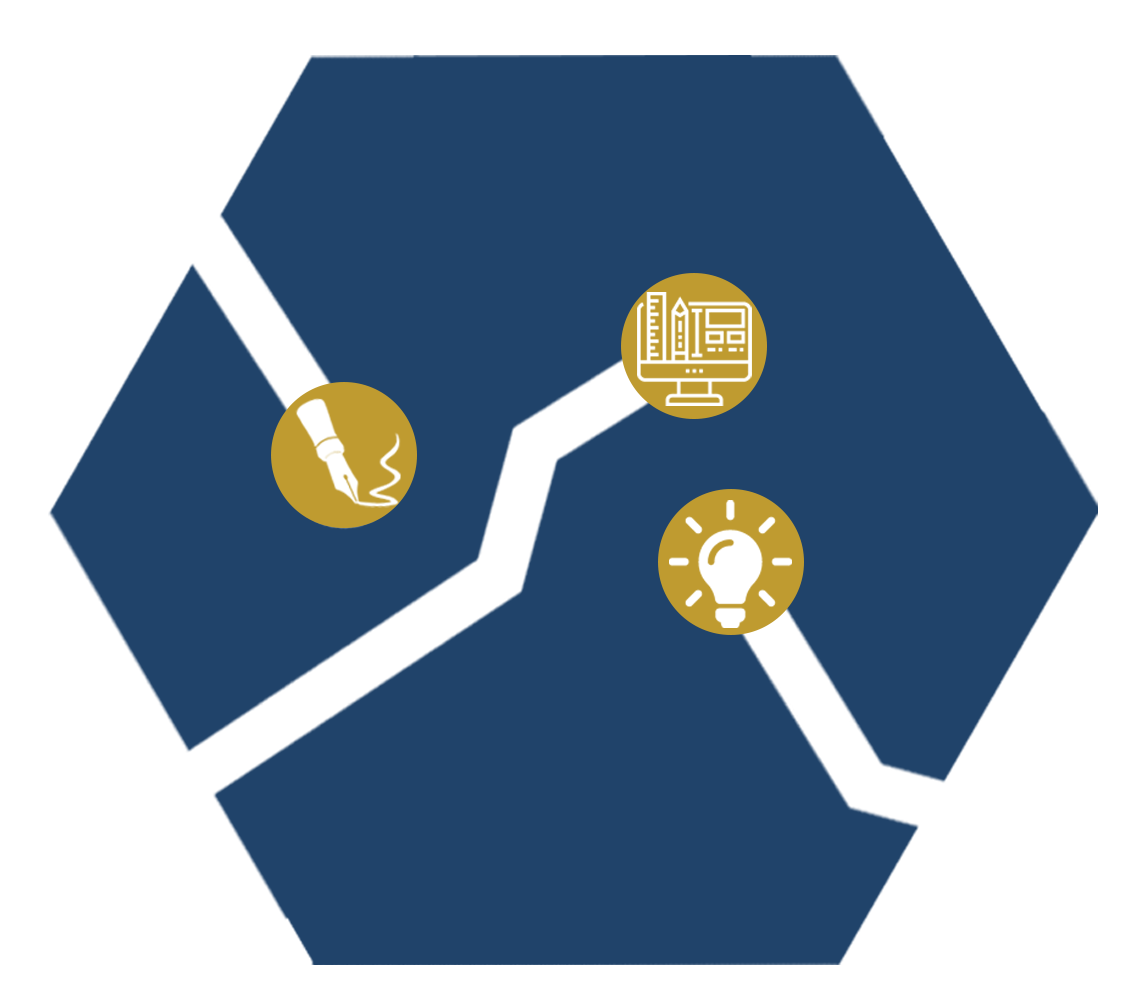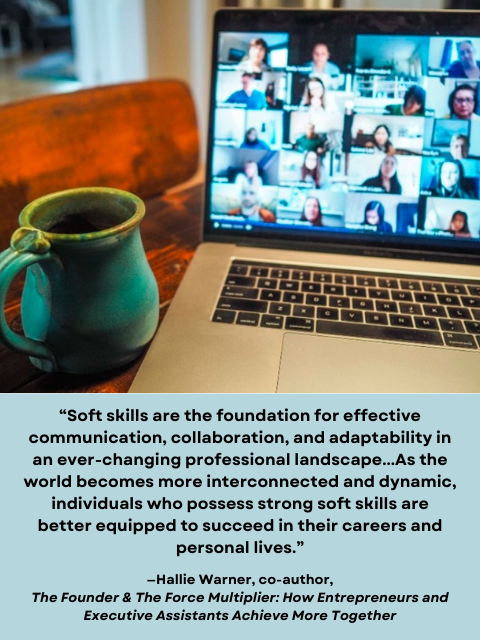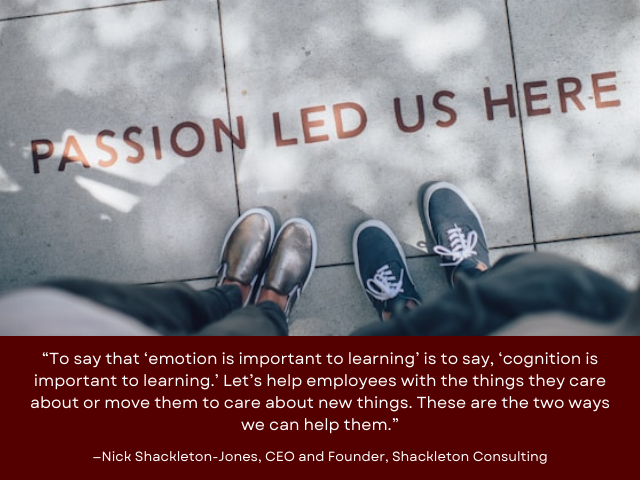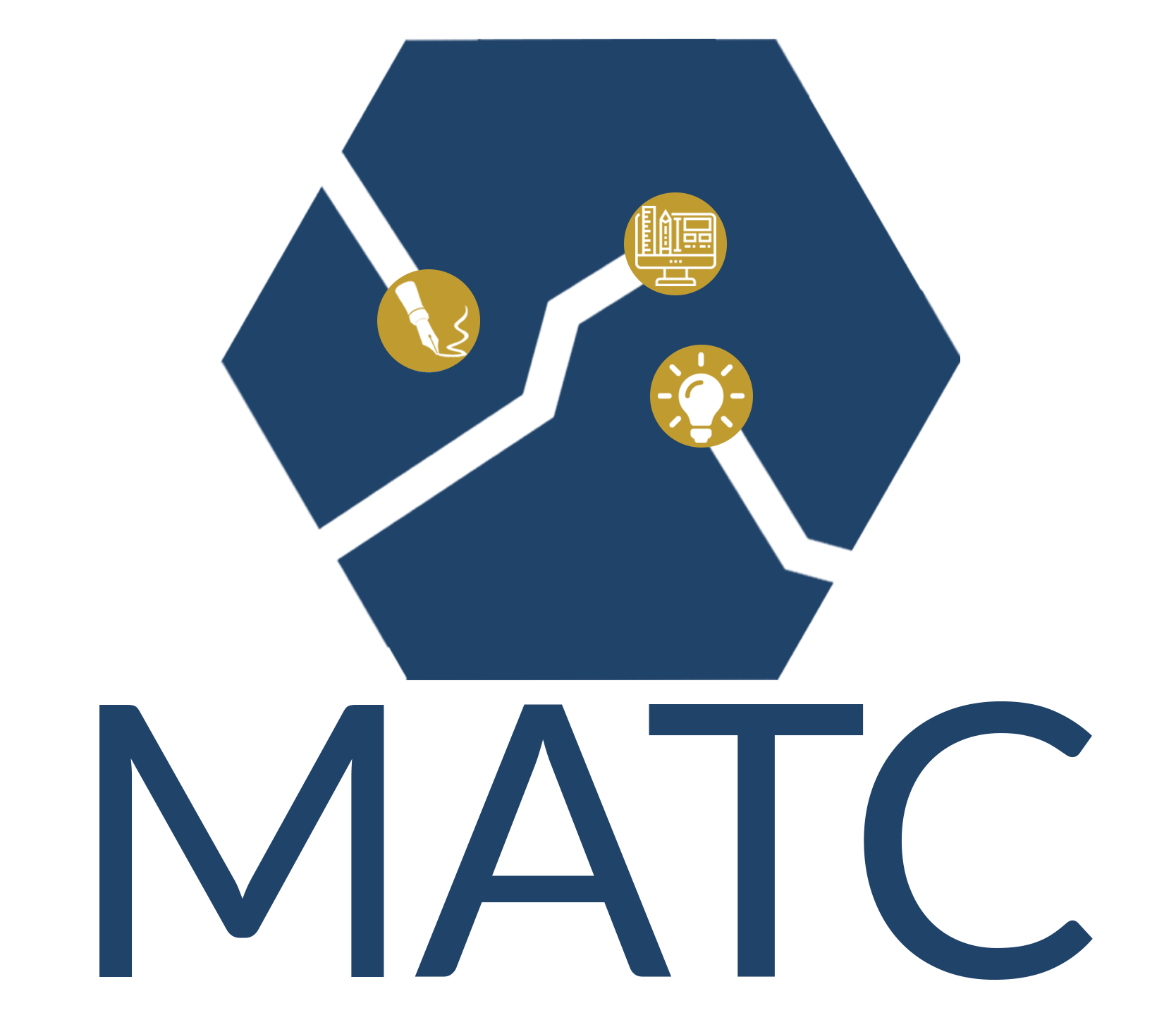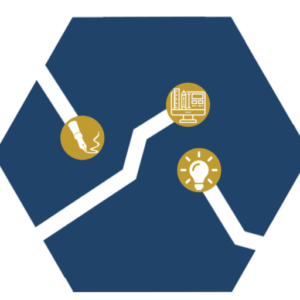We’re witnessing a major shift in today’s work environment, and skills once overlooked are now seen as indispensable: soft skills. These interpersonal, communication, and emotional intelligence abilities shape how we work, collaborate, and lead. Technological and knowledge-based skills continue to contribute to one’s career potential, but soft skills have recently surged in significance. In fact, 91 percent of Learning and Development (L&D) professionals agree that soft skills are increasingly important. Why have they become so crucial in today’s fast-paced workplace?
What are Hard Skills and Soft Skills
First, let’s define the differences between hard skills and soft skills.
Hard Skills
Hard skills tend to be easy to quantify, measure, and objectively assess, as they are often job-specific and applied to tasks requiring software or tool expertise. They are specific, concrete, and usually require knowledge. Hard skills are usually taught, learned, and tested through formal education, training, and certifications. Examples include programming, data analysis, accounting, and expertise using specific software or tools.
Soft Skills
Soft skills are harder to quantify and measure than hard skills, as they are related to interpersonal interactions, communication, and emotional intelligence. They involve personal attributes and behaviors that influence how individuals interact with others and handle various situations. They tend to be developed through experiences, practice, and self-awareness and are not easily taught.
Why are Soft Skills so Important in the 21st Century?
Gone are the days when technical proficiency alone guaranteed professional success. The digital revolution, globalization, and the advent of remote work have transformed traditional notions of employment, demanding a new set of skills to navigate this terrain effectively. According to the America Succeeds report, The High Demand for Durable Skills, soft skills were requested in over 50 million job ads — nearly two-thirds of those studied. Leadership and communication skills are in highest demand, requested by over 50 percent of job posting. While technical skills remain crucial, they are no longer the sole determinants of success. Modern businesses have complex challenges that need holistic and agile solutions, requiring critical thinking and creative problem-solving.
Automation and Technology
Uniquely human skills like creativity, emotional intelligence, and critical thinking are in high demand, and are hard to replicate using automation and artificial intelligence. With the rise of AI in the workplace, it has become clear that AI alone is not the answer. The best work will combine human reasoning and understanding with machine intelligence. In 2020, the World Economic Forum estimated that, by 2025, 85 million jobs may disappear due to the division of labor between humans and machines. However, the forum also estimates that we’ll see the emergence of 97 million new roles more adapted to that new division of labor. AI may be able to replicate repetitive tasks performed by people, but other human skills are irreplaceable by robots. Technology-driven work also demands critical and analytical thinking, problem-solving, communication skills, creativity, and flexibility. To thrive in a workplace characterized by technological advancements, workers must balance proficiency in both soft and hard skills.
Enhanced Collaboration and Team Dynamics
A significant driver behind the growing importance of soft skills is the emphasis on collaboration and teamwork in today’s businesses. Cross-functional teams, diverse workgroups, and virtual collaboration are now the norm, necessitating strong interpersonal skills to communicate effectively, resolve conflicts, and build cohesive teams. Innovation often relies on collective effort, and the ability to successfully collaborate is indispensable. As organizations increasingly work on a global scale, interpersonal skills and cultural sensitivities are necessary in building successful business relationships with people from different cultures and backgrounds.
Adaptability in the Face of Change
Technological advancements, market disruptions, economic uncertainties – all of these are reshaping industries incredibly quickly. In this volatile work environment, adaptability is no longer a “nice to have” skill but an essential one. Successful employees must demonstrate flexibility and resilience, along with a willingness to embrace change. If you can easily pivot, learn new skills, and handle shifting priorities, you are much more likely to succeed than peers who lack such abilities.
Elevated Customer Experience and Client Relations
In an era characterized by heightened competition and consumer empowerment, delivering exceptional customer service and building strong client relationships is key. Soft skills such as empathy, active listening, and problem-solving play a pivotal role in understanding customer needs, addressing concerns, and building loyalty. Meeting customer needs requires workers who have exceptional active-listening and problem-solving skills. Empathy is also necessary. Organizations that hire individuals with these skills and continuously train their workforce how to build them deliver personalized experiences and cultivate long-term customer relationships.
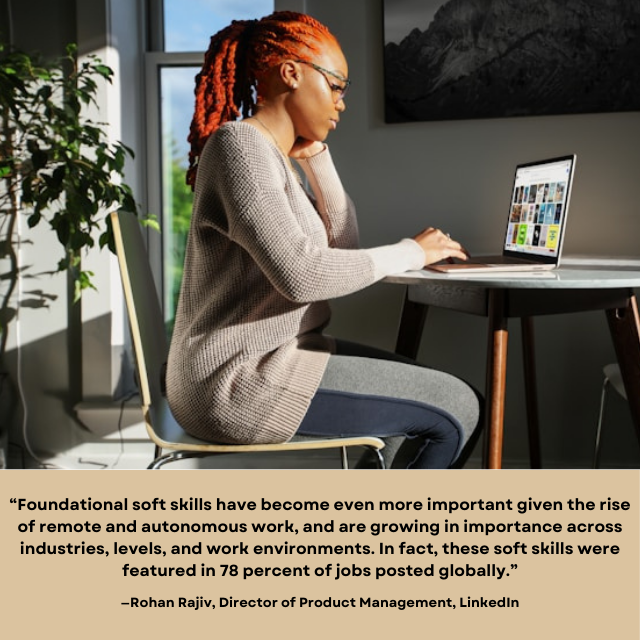
The Imperative of Effective Leadership
Leadership in the 21st century demands more than just authority; it requires emotional intelligence, empathy, and the ability to inspire and motivate others. Soft skills are the heart of effective leadership, helping managers to communicate vision, build trust, and empower their teams to achieve business goals. Leaders with strong interpersonal skills promote a positive work culture, encourage employee engagement, and navigate complex organizational challenges with grace and resilience. Such a leader also positively impacts their team’s performance and morale, using abilities such as emotional intelligence, empathy, their ability to motivate and inspire others. Leaders also must make decisions that will affect employees and the community. Strong ethical reasoning is imperative when dealing with social responsibility and other complex moral dilemmas.
Facilitating Innovation and Creativity
Today’s knowledge-based economy requires innovation. Creativity, critical thinking, and collaboration are essential for creating and maintaining such a culture of progress and imagination in organizations. When companies value diverse perspectives and open communication, their teams feel safer sharing ideas, which leads to generating breakthrough ideas and solutions that help the organization grow and stay competitive.
The Paradigm Shift to Remote Work
The COVID-19 pandemic accelerated the adoption of remote work, fundamentally altering the way we work and collaborate. Suddenly, it seems, the future is now. In our current virtual work landscape, effective communication, emotional intelligence, and digital fluency have become indispensable soft skills. Remote teams face new challenges such as virtual fatigue, isolation, and communication barriers, making interpersonal skills more important than ever for maintaining engagement and productivity. Communication, adaptability, and teamwork are imperative for success in our current world of remote work, flexible work arrangements, and virtual teams.
Resilience and Well-being
Managing stress, adapting to changes, and maintaining good mental health is imperative for success in life and work, and individuals need resilience and high emotional intelligence to do so. Employee well-being and job satisfaction help create a positive work environment.
What Soft Skills are Most In-Demand?
Now that we know why soft skills are so crucial to success in the modern workplace, which are most sought-after by employers? The following list is based on recent research out of Europe:
1. Problem-solving skills. These have always been important but have become more so during the rapid changes of the last five years. The future brings new challenges, and innovative ideas are in high demand. The report says, “Versatility, the ability to think in different ways, consider various options, and see different sides of the problem, lies at the heart of the problem-solving skills. Problems and conflicts in the future will be more complex, requiring a well-rounded thought of multidisciplinary approaches and collaboration across different areas of endeavor.”
2. Communication skills. Presentation skills, negotiation skills, client communication, and active listening all apply. Interaction through technology is extremely important, now that so much business communication uses email, chats, and social networks. However, interpersonal communications skills are still important and needed by employers. Companies still need employees who are excellent at nonverbal discourse, effective negotiation and persuasion, and solving problems and conflicts. While machines such as chatbots are good at simple and straightforward communication, they lack the nuances that make up the whole of human communication.
3. Teamwork. Working in a team helps individuals contribute to more creative and effective problem-solving, high productivity, and better business relationships. In turn, those results positively impact employee satisfaction, motivation, and engagement. “The importance of teamwork in the future will increase, owing to changes in the conditions in which collaboration will rely more on digital tools. As hybrid and remote working arrangements become more prevalent…the importance of individuals capable of establishing and nurturing connections among team members and fostering a shared sense of purpose remains crucial.”
4. Leadership skills. Today’s employers highly value individuals who can increase employee engagement, empower workers, and increase participation. The ability to influence individuals both within and outside an organization is anticipated to be a highly sought-after skill. Distributed teams, remote and hybrid work arrangements, and heightened diversity in our workplaces indicate that leadership skills are key not only for people in traditional leadership roles, but also for individuals leading projects, teams, or departments.
5. Creativity. Using machines to replace repetitive work is a terrific way to streamline processes, but they cannot duplicate a human’s creative process. Work requiring tough decisions and choices requires creativity and imagination. “Creativity serves as a bridge between analytical and intuitive thinking, uniquely enabling minds to operate in both realms. In the future, both precision and errors will be required. This represents an ideal balance. Imperfections make people unique compared to machines. Mistakes allow us to expand our thinking and make discoveries that we were not looking for; at the same time, creativity helps us solve problems.”
6. Analytical and critical thinking. The ability to think critically is key to future business success, as workers will constantly be forced to navigate vast amounts of information. When we aren’t using these skills, we tend to stick to certain thoughts or beliefs without thinking about why. In turn, we become more vulnerable to misinformation and clickbait.
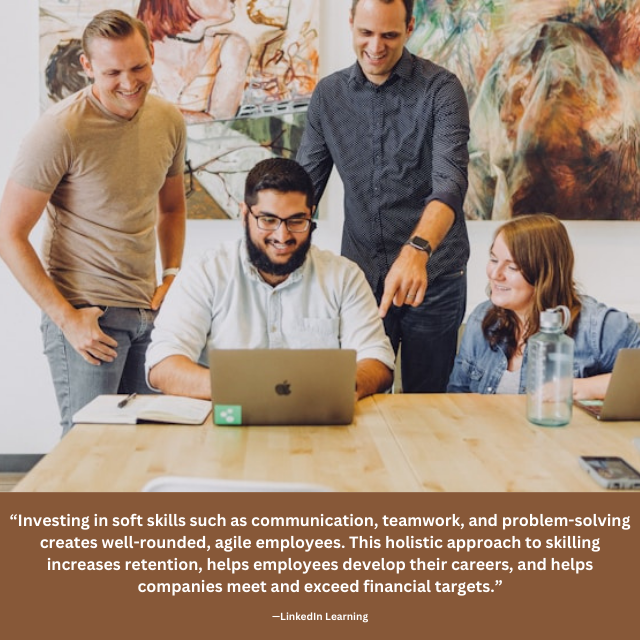
Final Thoughts
The rising importance of soft skills in today’s workplace reflects the shifting demands of the modern economy: Cheryl Oldham, Senior Vice President of Education and Workforce at the US Chamber of Commerce Foundation, says, “Companies will continue to compete on innovation and talent like never before, which makes the use, sharing, and transparency of skills data across stakeholder groups even more important to the world of work.” As organizations navigate unprecedented levels of complexity and uncertainty, individuals who possess strong interpersonal, communication, and emotional intelligence skills will thrive. By prioritizing the development of these soft skills, both employers and employees can unlock new opportunities for innovation, collaboration, and success.
Do your employees and leadership team need refresher or comprehensive soft skills training? MATC can help! Contact us today!
Related Blogs
Retaining Wisdom: The Value of Investing in Older Employees
Remote Work: Training for Tomorrow’s Workforce
How to Stay Motivated in a Growing World of Remote Working
Resources
Castrillon, Caroline. “Why Soft Skills Are More In Demand Than Ever.” Forbes. 9/8/22. Accessed 4/24/24. https://www.forbes.com/sites/carolinecastrillon/2022/09/18/why-soft-skills-are-more-in-demand-than-ever/
“Closing the Tech Talent Gap.” LinkedIn Learning. Accessed 4/24/24. https://learning.linkedin.com/resources/learning-insights/closing-the-tech-talent-gap
“New Research Shows Top Soft Skills Are Requested Four Times More Than Top Hard Skills.” HRDive. 4/14/21. Accessed 4/22/24. https://www.hrdive.com/press-release/20210413-new-research-shows-top-soft-skills-are-requested-four-times-more-than-top-h/
Poláková, Michaela, Juliet Horváthová Suleimanová, Peter Madzík, Lukáš Copuš, Ivana Molnárová, Jana Polednová. “Soft skills and their importance in the labour market under the conditions of Industry 5.0.” Heliyon. 7/27/23. Accessed 4/24/24. https://www.cell.com/heliyon/fulltext/S2405-8440(23)05878-4?_returnURL=https%3A%2F%2Flinkinghub.elsevier.com%2Fretrieve%2Fpii%2FS2405844023058784%3Fshowall%3Dtrue
“The Future of Jobs Report: 2020.” World Economic Forum. 10/20. Accessed 4/25/24. https://www3.weforum.org/docs/WEF_Future_of_Jobs_2020.pdf
“The High Demand for Durable Skills.” America Succeeds. Accessed 4/22/24. https://americasucceeds.org/portfolio/the-high-demand-for-durable-skills-october-2021
Warner, Hallie. “Why ‘Soft’ Skills are More Important than Ever Before.” Founder & Force Multiplier. 8/30/23. Accessed 4/25/24. https://founderandforcemultiplier.com/why-soft-skills-are-more-important-than-ever/
“Workplace Learning Report: 2024.” LinkedIn. Accessed 4/23/24. https://learning.linkedin.com/content/dam/me/business/en-us/amp/learning-solutions/images/wlr-2024/LinkedIn-Workplace-Learning-Report-2024.pdf
